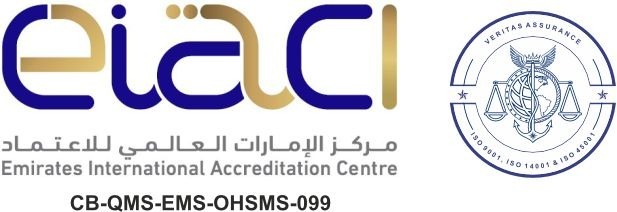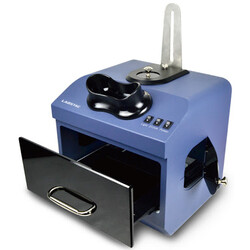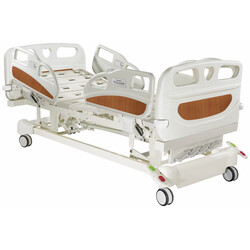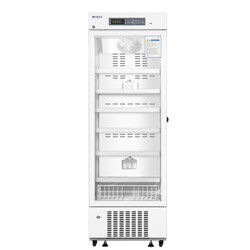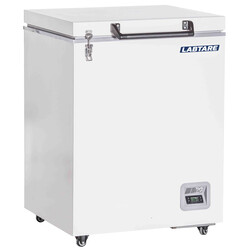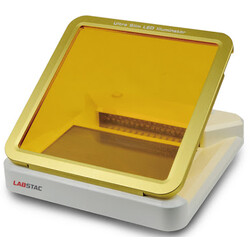- Wavelength Range:
- UV analyzers cover a specific range of ultraviolet wavelengths, commonly in the UV-Visible spectrum, such as 190 nm to 1100 nm.
- Sample Compatibility:
- Depending on the application, UV analyzers may accommodate different types of samples, including liquids or solids.
- Pathlength:
- Instruments may offer different pathlength options to accommodate samples with varying concentrations.
- Wavelength Accuracy:
- High-precision instruments provide accurate wavelength measurements to ensure reliable results.
- Spectral Bandwidth:
- The spectral bandwidth determines the range of wavelengths measured simultaneously.
- Data Output:
- Digital display or computer connectivity for data output and analysis.
- Software Integration:
- Some UV analyzers come with software for data analysis and instrument control.
- Light Source:
- UV analyzers use specific light sources, such as deuterium lamps or xenon flash lamps, to cover the UV range.
- Detector:
- Photodiode array detectors or photomultiplier tubes are commonly used in UV analyzers.
- Cuvette or Sample Holder:
- The instrument may include a cuvette holder or a sample compartment for placing the sample.
- User Interface:
- Intuitive user interface for ease of operation.
- Applications:
- UV analyzers can be used for a variety of applications, including nucleic acid and protein quantification, enzyme kinetics, and more.
Labstac



